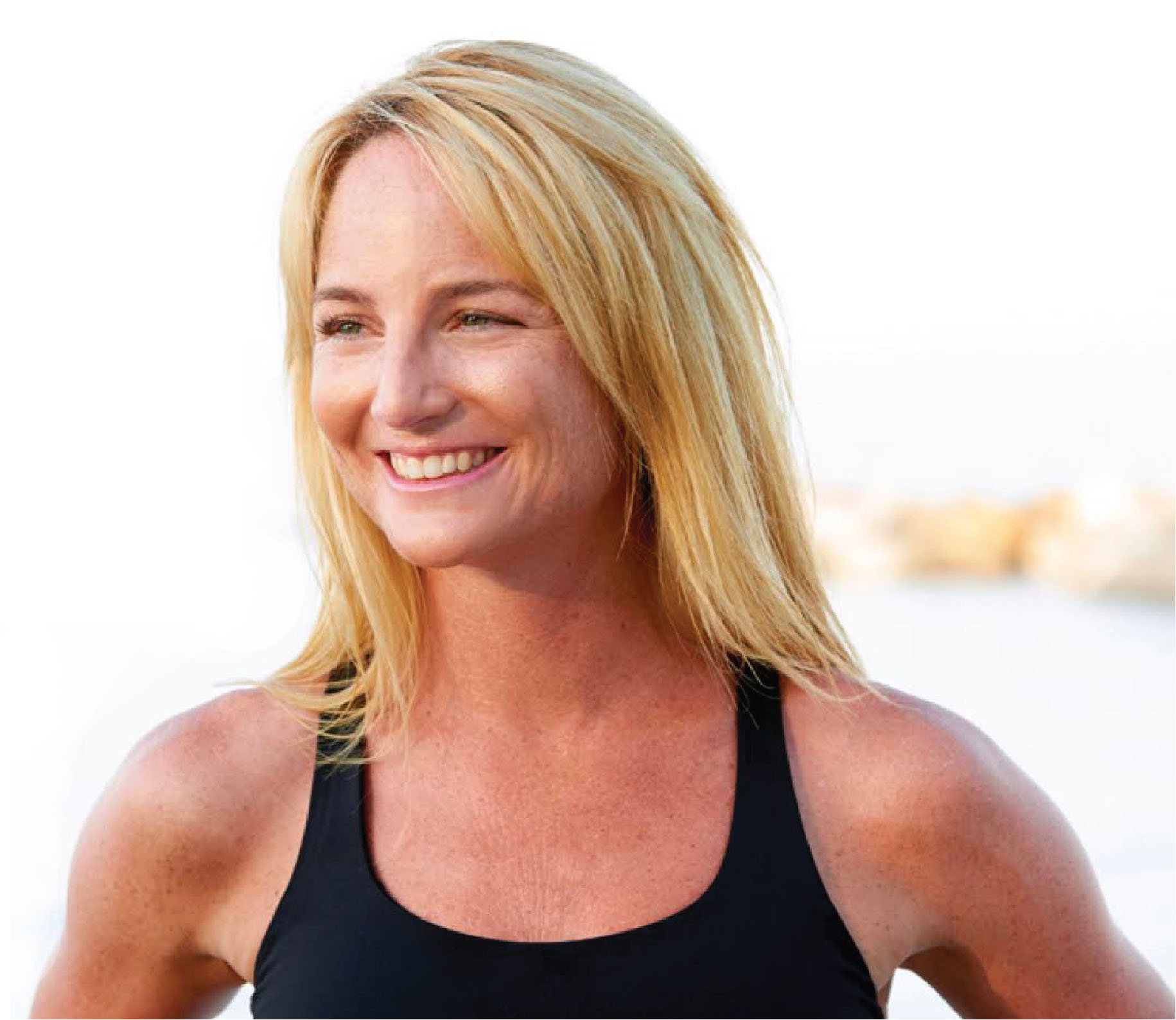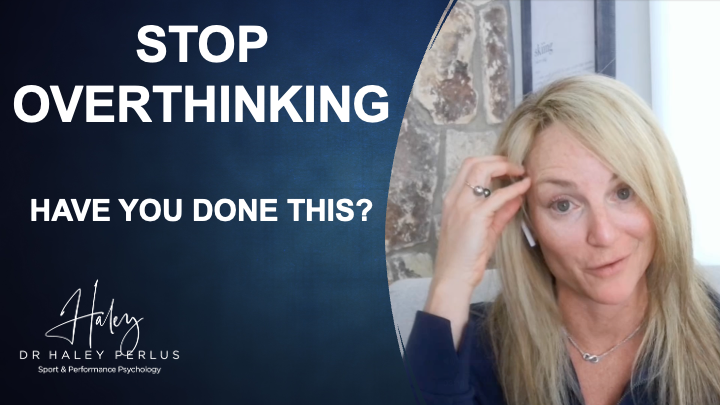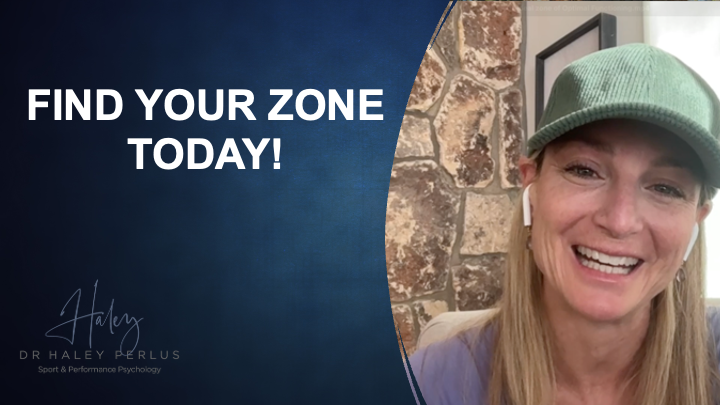In an interview many years ago Tiger Woods was asked what separates the great from the very good. Tiger’s response? “Being able to do it again. And again. And again.”
This past weekend Raphael Nadal won his 20th Grand Slam. Nadal is an exceptional athlete who is one of the consistent ones – he tied Roger Federer for Grand Slam wins. In watching his thirteen-minute post-match interview, I found that there are many mental toughness concepts and tips that I want to share with you here.
Co-opetition: Emotional Control, Strategic Storytelling
Co-opetition – which translates to “cooperative competition”, which is a sports psychology concept. In the interview, Nadal was asked a few times about the rivalry between him and Roger and also about any revenge he was seeking against Novak Djokovic, who he was playing against when he lost the Australian Open.
In discussing if there was a “need” for revenge, Nadal basically said that – while sure he wants to win and his ego might be part of it – but he’s not a revengeful play and it is not his leading force. He shows up; he plays his own game and he respects all the players. He believes that Roger respects him – and he respects Roger as well.
I wanted to share this concept of Co-opetition because what Nadal was really talking about is the creation of a story that goes like this: “Thank you for showing up today, opponent. I hope you do your best today because knowing that you’re going to do your best is going to motivate me to do my very best…and beat you.
Nadal even talked about the respect that he has for Roger, yet in the recent win that he had against Novak Djokovic, he said that it might even have been better (just so you know he won straight sets) if he had won in a more closely matched uh tournament – in that it simply might have been more satisfactory versus winning three sets.
It really goes to show the concept of co-opetition. Whether you’re at your highest performance or not, look at your competition. Thank them for showing up and ask them to do their best. Use that to motivate you to do your best – and see what happens.
Nadal won a tournament – his 20th grand slam – and he was being asked about the impact it has in the world in which we were living in: COVID. He was able to explain that while he was happy with his win, his performance, and his preparation – that it didn’t take away from the turmoil that the world is in and the unfortunate times.
I bring this to you because we can all be both happy and sad at the same moment. I believe one is always in the driver’s seat and while you might react because of your sadness – you’re also reacting because of your happiness. You’ve got to choose.
That is one thing about emotional intelligence. In this case, Nadal was focused on being happy while not forgetting the rest of the world. He was present in the moment.
As an example, when Nadal was asked if he was going to compete in the in the ATP finals in London – he answered – “I don’t know.” He said he only thinks about what he has to think about in the moment, which at the time, was about the upcoming grand slam.
Especially in today’s world, there is so much uncertainty; there is so much quick and immediate change – so why waste any energy on what we can’t control in the future? Focus on what you can and the decisions you have to be making at this moment.
Overcoming Doubt
Additionally, in Raphael Nadal’s interview, he accepted the fact that he had doubts. He owned his doubt. He said that you should never show up thinking that it’s going to be easy, and therefore a little bit of doubt is a good thing.
However, he also talked about being positive. It is important to balance doubt with positivity –
knowing you did the prep, highlighting, and understanding that you’re going to also own your strengths when you get onto whatever the “playing field” means to you.
After the win, Nadal owned his success. He applauded himself for a job well done. When we’ve worked hard and done all the prep to get the job done, make sure to take a moment and breathe that in. Own the win as well because only then can you take on the next challenge ahead of you.
Co-opetition: In Summary
1.) Thank your opponents.
Thank everyone for showing up and for doing their best so that you can do your very best..and beat them.
2.) Single out one emotion
It’s okay to have all different types of emotions, but at any given time one emotion is in the driver’s seat – so choose wisely.
3.) Think about this moment
Make the decisions that need to be decided upon – NOW. Don’t worry about the future.. that will come.
4.) Accept doubt
Doubt is normal. I would even say healthy. But balance that doubt with the positivity of your strengths. Know that you’ve done the work and that you’ve got some strengths to bring to the table. Then, when you do a good job, take a moment and breathe that in.
And then, just like Rafael Nadal, know that it’s going to help you (just like Tiger said) to be great again and again and again.



